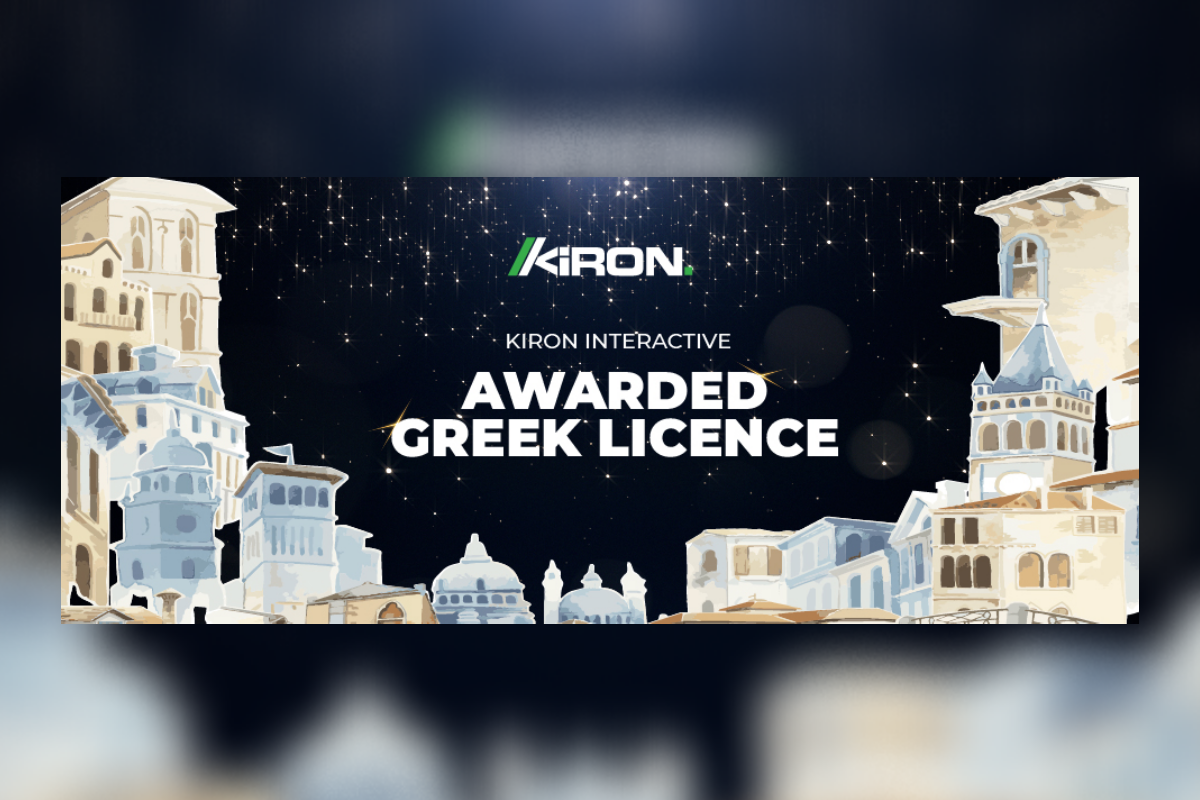Compliance Updates
KIRON INTERACTIVE AWARDED GREEK LICENCE

Kiron Interactive has taken another step forward with its global expansion having received a supplier licence from the Hellenic Gaming Commission (HGC), allowing it to supply its leading virtual sports and instant games content to the regulated Greek market.
The licence enables Kiron to maintain its growth trajectory, delivering its award-winning content to Greek partners and players, serving as a further showcase for its commitment to state-of-the-art products that strengthen the vertical.
Greece offers an exciting opportunity for Kiron following the 2021 introduction of new legislation which opened the country up for new operators to enter the space with online sports betting and casinos.
Kiron Co-CEO, Steven Spartinos said: âWe are incredibly pleased to have been granted a licence to provide our games to a Greek audience, and this is also an important milestone for us as we continue to bring innovative and dynamic content to additional regulated markets.â
âWeâll be announcing a series of operator partnerships in due course as we make our mark in this new region.â
âWe are excited about the opportunities that lie ahead and look forward to working together with Greek operators to introduce our content to local players and grow our brand in this buoyant market.â
-

 Africa5 days ago
Africa5 days agoNew Governing Board of the Gaming Commission of Ghana Sworn in
-

 Africa7 days ago
Africa7 days agoSA Rugby Renews its Partnership with Betway
-

 Asia7 days ago
Asia7 days agoPolemos Announces Partnership with Guinevere Capital
-

 Asia7 days ago
Asia7 days agoWiseGaming strikes content partnership with Zenith Gaming
-

 Africa6 days ago
Africa6 days agoBetKing Delivers Healthcare Services and Nutrition Support to Underserved Nigerian Communities
-

 Compliance Updates7 days ago
Compliance Updates7 days agoONJN Requests Meta and Google to Remove Illegal Gambling Ads
-

 Industry News6 days ago
Industry News6 days agoREGISTRATION NOW OPEN FOR GLOBAL GAMING EXPO 2025
-

 Asia6 days ago
Asia6 days agoQTech Games strengthens its elite suite with Bigpot Gaming


































